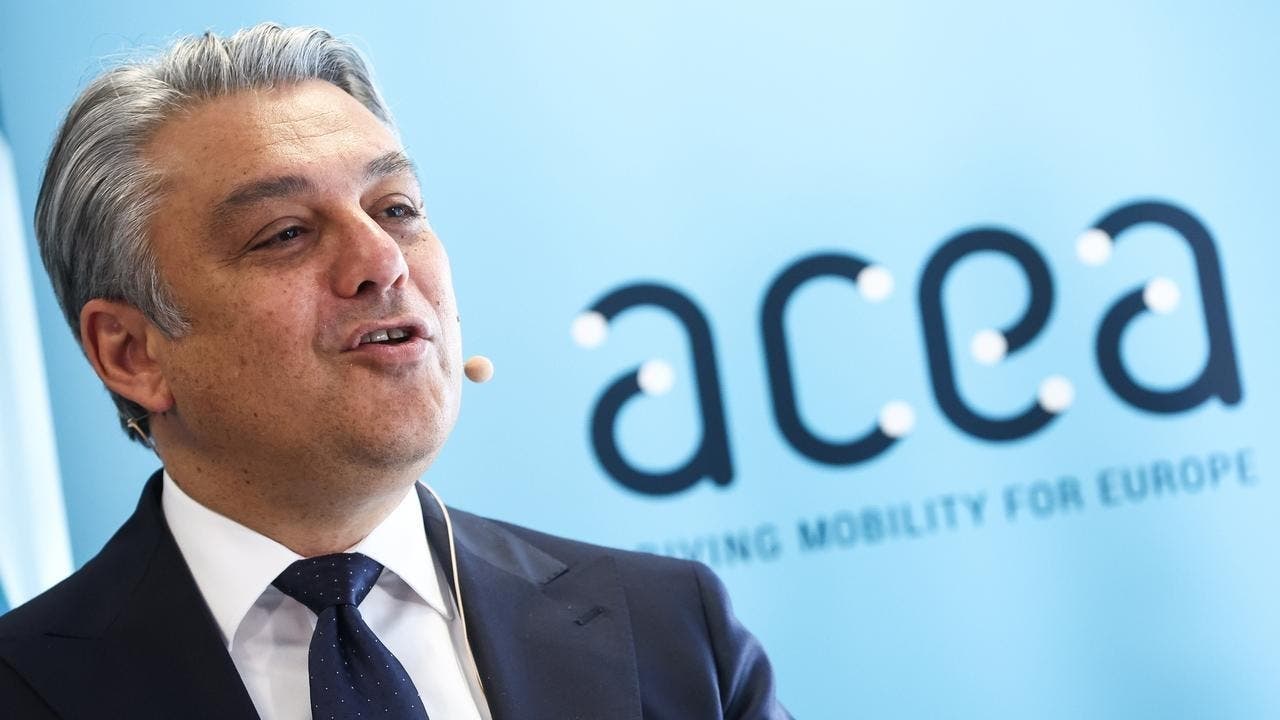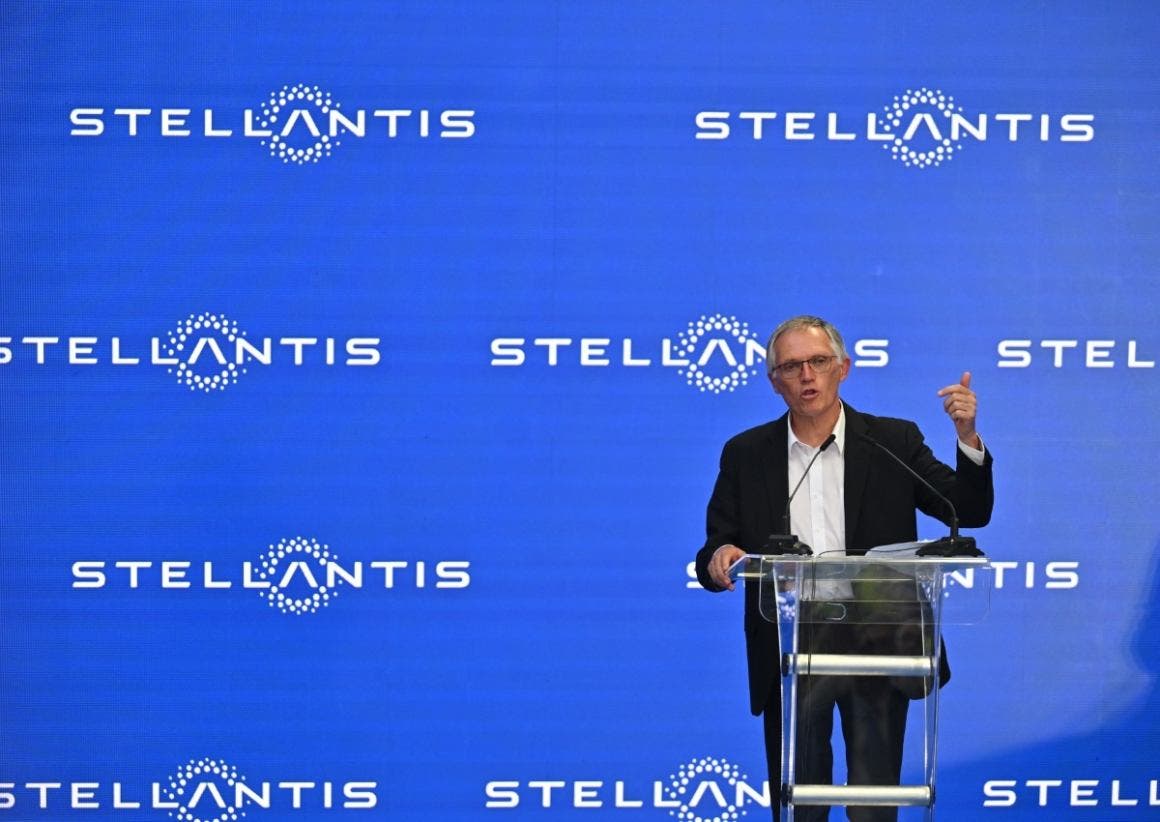ACEA has proposed postponing the EU’s 2025 CO2 emission targets to prevent automakers from having to pay hefty fines if they fail to meet them due to electric vehicle sales not growing as expected. Carlos Tavares, CEO of Stellantis, has weighed in on this debate, criticizing the position taken by ACEA, which the automotive group left in 2022.
Stellantis: Carlos Tavares criticizes ACEA’s proposal to postpone EU emission targets

Carlos Tavares emphasizes that Stellantis opposes any attempt by the European Union to delay the emission targets set to take effect next year: “It would be surreal to change the rules now,” Tavares stated.
A spokesperson for the automotive group reiterated the CEO’s statements made to France Press and added that Stellantis supports maintaining the current rules. Speaking to France Press, Tavares added that the rules have been known for a long time and that automakers have had ample time to prepare: “Everyone has known the rules for a long time, everyone has had time to prepare, so now it’s time to run.”
Furthermore, the Stellantis CEO, while reiterating his opposition to the EU’s emission mandates, also added that his company has developed the required electric models and has organized for the necessary sales. At this point, it wouldn’t make sense to change the rules.

The debate stems from statements made by Luca de Meo, CEO of the Renault Group and president of ACEA. According to de Meo, in 2025 automakers will face stricter EU CO2 targets, as the maximum limit for average emissions from new vehicle sales will drop to 93.6 grams/km (down from 116 grams/km of CO2 in 2024). Given that electric car sales are not growing as anticipated, many manufacturers risk missing the EU target. Consequently, they face a potential fine of 95 euros for each excess gram of CO2 per km, multiplied by the number of vehicles sold. The risk is paying 15 billion euros in fines.

